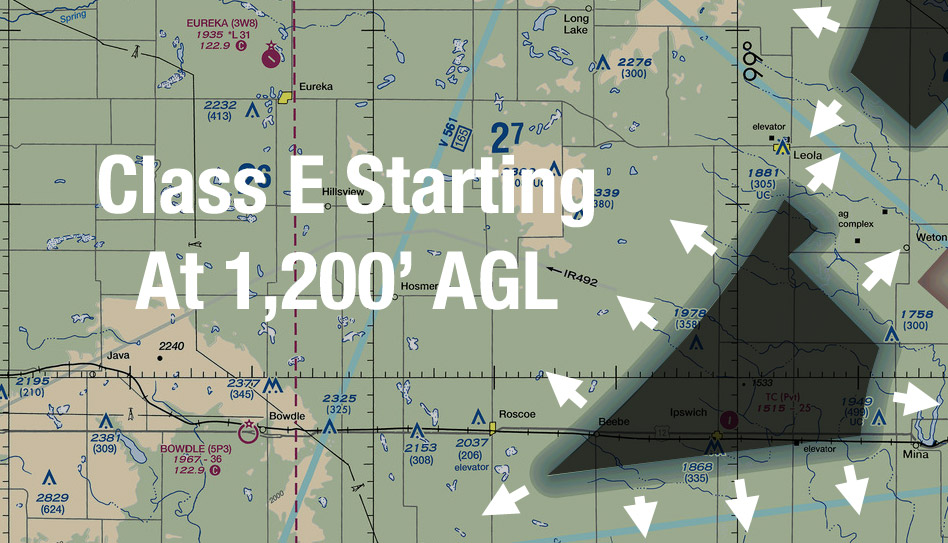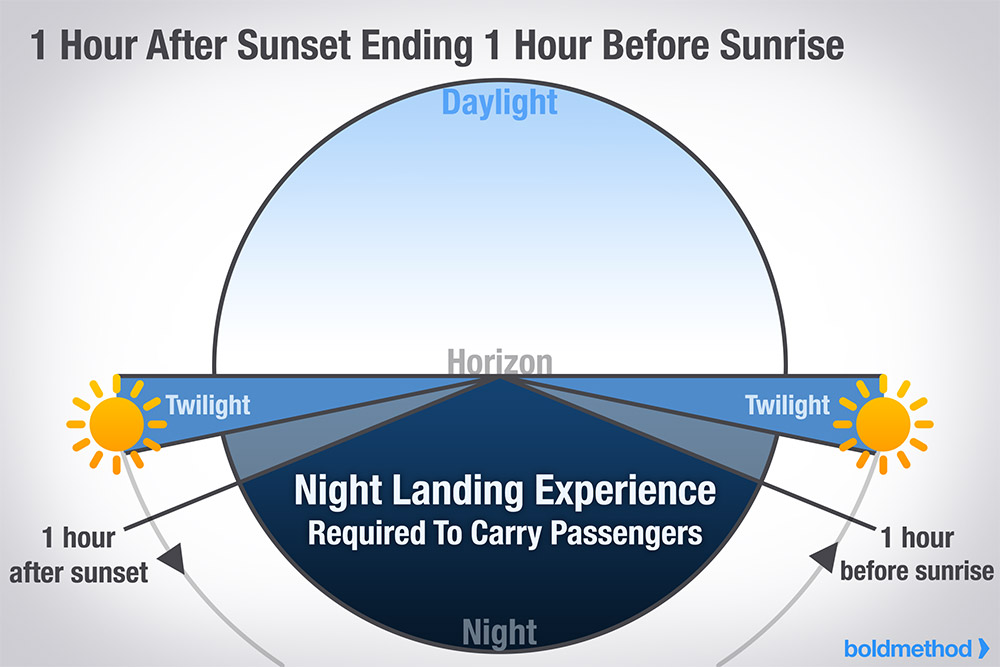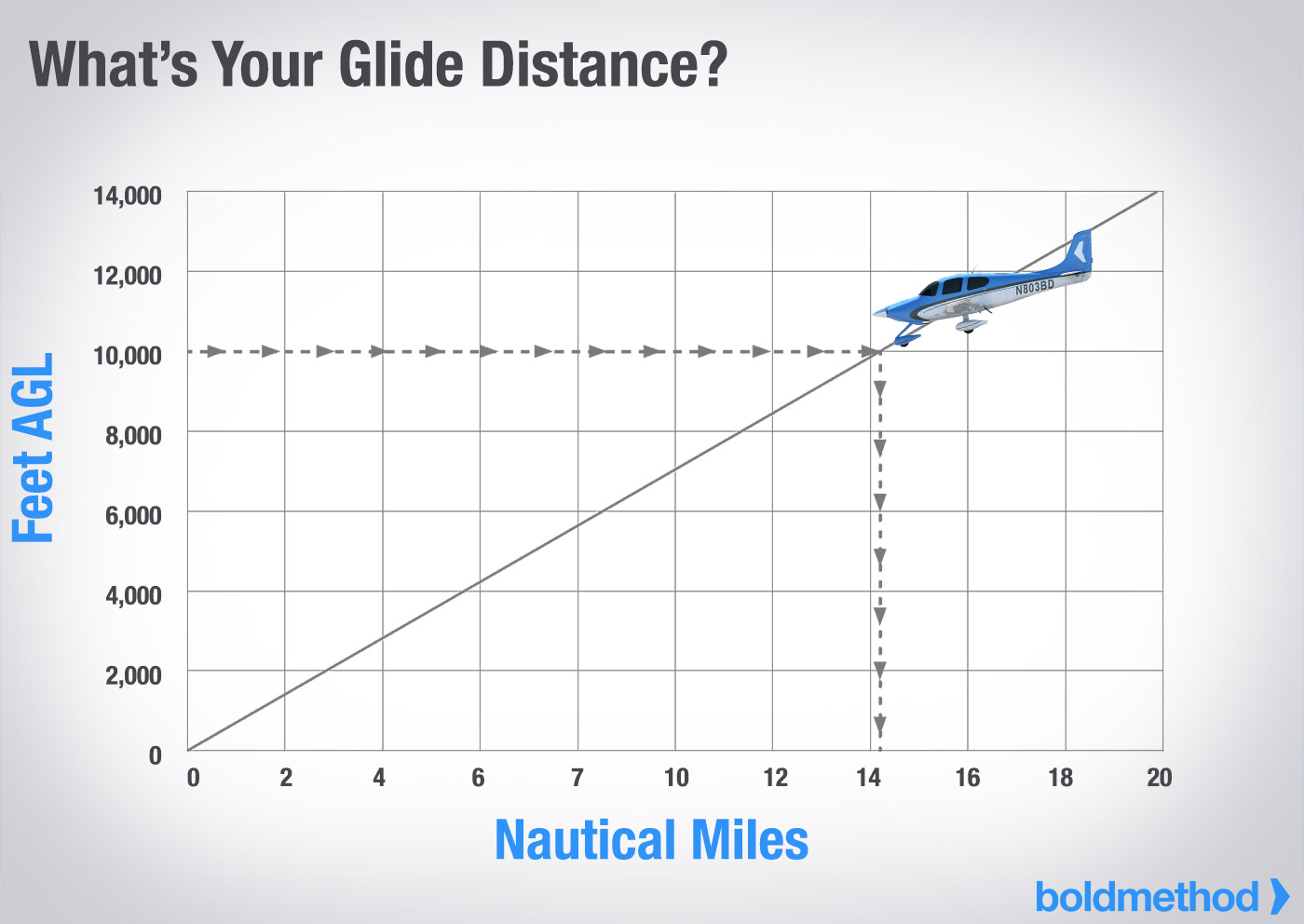Boldmethod
Everyone knows that crosswind landings are usually challenging for student pilots. But beyond landings (and money!), there's a lot about learning to fly that can be pretty tough. Here's what you should be ready for...
1) Aircraft Systems
One of the toughest topics for private pilot students is aircraft systems. As less and less people grow up working on cars or around machinery, there's diminishing knowledge behind what makes that engine turn.
Want to know more about the systems and equipment in your aircraft? Dig into your POH and read section 7. Better yet, find a local A&P at your airport and have them walk you through a few systems with the cowling off. Getting hands-on with the equipment behind closed panels is a great way to learn how your airplane flies.

2) The National Airspace System
It's more than identifying lines of airspace on a sectional chart. You'll need to know what weather minimums exist at different altitudes (day and night), what your equipment requirements are, and what your communication requirements are.
We can help - give our National Airspace System course a try.

3) Learning Regulations
There are hundreds of FAA Regulations that govern how, where, and when you can fly. Some of them can be pretty confusing. As a student pilot, you're just as responsible for adhering to the FARs as any fully certificated pilot. Keep yourself out of trouble and learn those regs!

4) Aerodynamics
A huge part of learning to fly is understanding the physics behind how it all works. But how can a strong foundation of aerodynamics save your life? One simple example is the lift to drag ratio for your airplane. At L/D max, or the best lift to drag ratio, you'll find an approximate best glide speed.

5) Decoding Textual Weather
Whether it's a METAR or PIREP, it's your responsibility as a pilot to maintain your skills for decoding textual weather.
Need a refresher? Give our Aviation Weather Products course a try.

6) "Radio Talk"
Learning how to actively listen for your callsign in busy airspace with dozens of airplanes on-frequency is tough. Adding that to learning the correct verbiage provides quite the task for brand new student pilots. Here are some things you shouldn't say over the radio.

7) Getting Into "School Mode"
First and foremost, getting your brain into a "school mode" can be tough, especially if you haven't sat in a formal classroom setting in years. Learning to fly is undoubtedly fun, but there's also a lot of work outside the cockpit.

No comments:
Post a Comment